Power and determination are powerful traits. We have witnessed powerful Arab women who have been drivers of change, with wit, strength and charisma they have become legends to this day. Throughout history, these strong Arab women defeated all odds and distilled a change that shape the lives of women in the Middle East and the world.
Nawal El Moutawakil
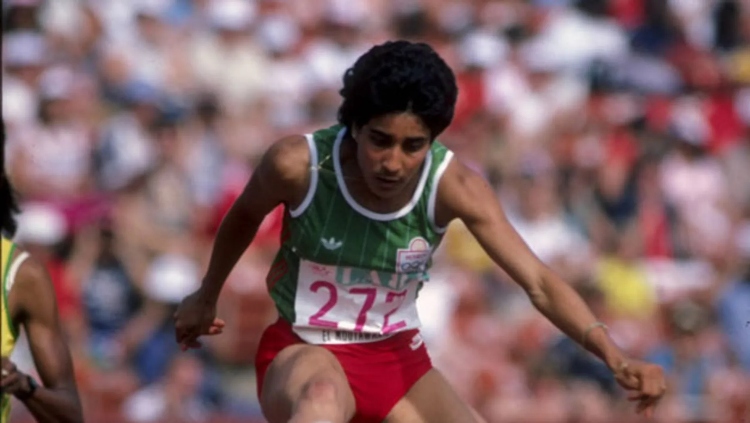
Shattering a long-held belief that women are incapable of achieving Olympic success, at the 1984 Summer Olympics, Nawal El-Moutawakel, a Moroccan athlete, made history by winning the 400-meter hurdle race and earning the esteemed title of the first Arab Muslim woman to win Gold.
Paving the way for more women to shoot for the gold, Nawal’s success has been followed by even more gold medal wins with Feryal Ashraf Abdelaziz, an Egyptian Karateka being the first Egyptian female to win Gold in the Olympics and Habiba Ghribi, being the first Tunisian woman to win a medal for Women’s 3000 Steeplechase.
Princess Fatma Ismail
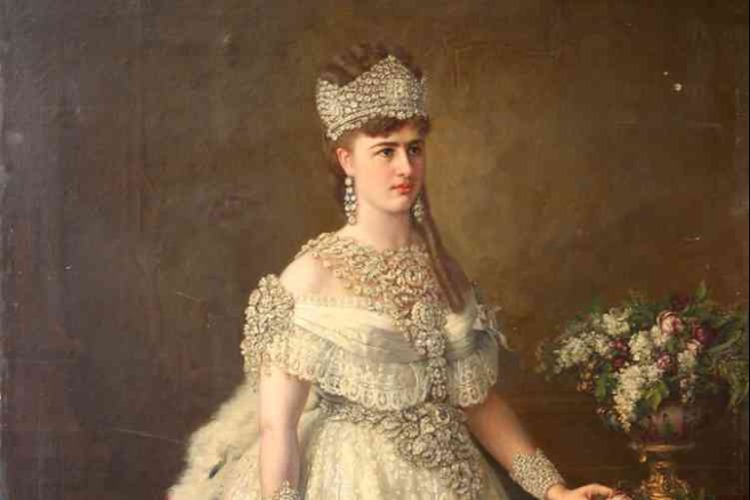
Cairo University might not have existed if it weren’t for Princess Fatma Ismail’s generous contribution. Known as one of the daughters of Khedive Ismail, Princess Fatma cared deeply about educational and social reform. She took it upon herself to propel education within Egypt by helping form the first establishment to offer higher education to the masses. As it was difficult to procure the expenses needed to build such an establishment, Princess Fatma took the liberty of offering a large sum of money and jewellery to help build the first Egyptian university known as Cairo University.
With some of the greats graduating from this famous school including the likes of Taha Hussien and Naguib Mahfouz, exceptional Egyptian authors to powerful political figures like Gamal Abdel Nasser, Fatma’s contribution resulted in an institution that will continue to help in the formation of world leaders and innovators that are transforming and propelling the world’s landscape.
Huda Sha’arawi
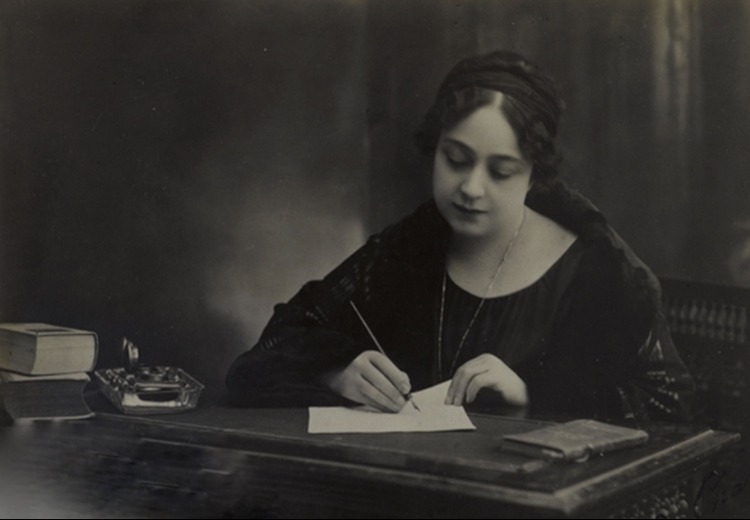
Known as the founder of the Egyptian Feminist Union and dubbed the First Feminist, a title that was earned by her defiant action of removing her veil at a train station. Living at a time when women’s movement was extremely restricted, they weren’t allowed outside the Harem, she knew that despite the opening of Cairo University thanks to Princess Fatma Ismail, women’s access to proper education was still quite limited. So, she took it upon herself to actively set up lectures for women that they could access outside the Harem. Later, in 1910, she even opened a school for girls.
Thanks to her, today, it’s a norm for women to receive an education and now, Arab women are making even bigger strides. According to UNESCO, in terms of the Middle East, up to 57% of STEM graduates are women.
Anbara Salam Al-Khalidi
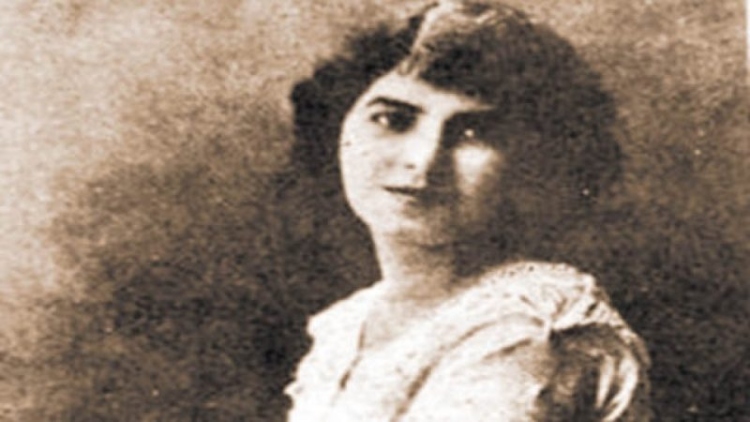
A lady of many firsts, Anbara, Lebanon’s beloved feminist and translator, was the first woman to speak on El-Quds Radio and the first Lebanese woman to abandon her veil. She also translated the epic Greek poem, Homer’s Odyssey into Arabic to be read and enjoyed by all Arabs. Her list of accomplishments extends even further. As a feminist, she joined a women’s movement called “Society For Women’s Renaissance” where she worked hard to advance the role of women in society. She also opened several schools for women.
Today, women like Egypt’s Sherin Hanaey continue in Anbara’s path by translating many literary pieces of work while Lebanese women keep up Anbara’s fight by opening several NGOs including KAFA, Helem and The Lebanese Democratic Women’s Gathering (RDFL).
Safiya Zaghloul
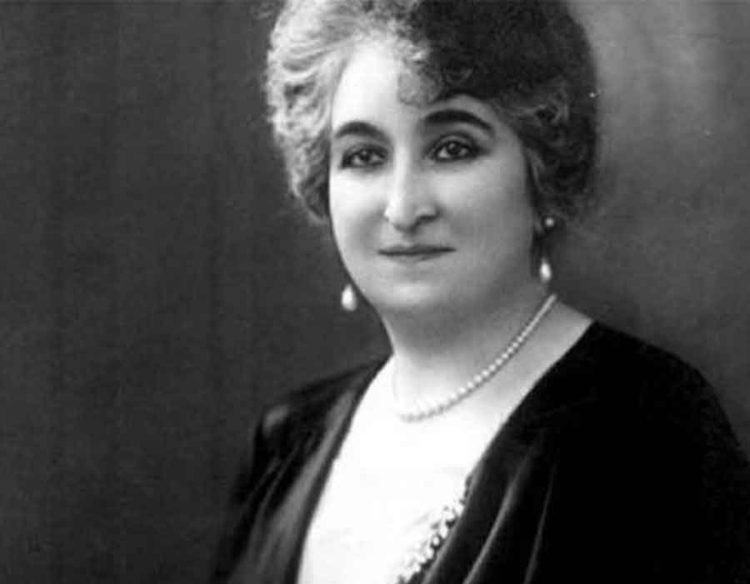
Coined as “The Mother Of Egyptians”, she was a force to be reckoned with. Her drive and persistence are unmatched to this day. Married to the Wafd Party Leader, Saad Zaghloul, Safiya was a prominent voice during the British Occupation, joining female demonstrations during the 1919 revolution. Even after her husband’s exile to Seychelles and eventual death, she still pushed for reform and change despite receiving warnings from Ismail Sedky Pasha, Egypt’s Prime Minister to stop and abandon her position.
Djamila Bouhired

A driven firecracker just like her Egyptian counterpart, Huda Sha’arawi, Djamila had cemented a name for herself as an Algerian activist in the political scene. She was known to never let anyone get in her way. During the 1950s, she was adamant on fighting for her country and took action by actively resisting French invaders through her membership with the Front de Libération Nationale (FLN) as well as refusing to sing the national anthem.
Today, the fight continues among Algerian Women, as they extend Djamila’s fiery spirit through acts of protests and passionate rallies. In both 2019 and 2021, Algerian women gathered to fight for the abolishment of the unjust family code that governs family and property relations in the country. Their persistence was unmeasured as they continued to stand and fight despite violent resistance from policemen.
Lotfia El Nadi
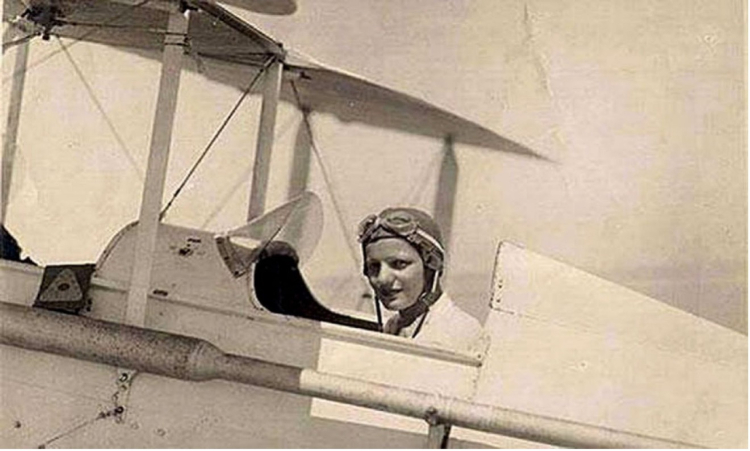
This is the story of a woman who persevered despite all odds to become the first Middle Eastern female pilot to take it to the skies. Without her father’s knowledge and her mother’s support, Loftia, obsessed with flying, had to go at it on her own. Joining an aviation school in Egypt, she had to juggle taking flight lessons while working as a receptionist to make ends meet. These traditional classes, however, were not enough to quench her thirst to improve and grow. So, she would hide in the cockpit and only pop her head out once the plane is flying in the air. Any chance to fly, she would take it. Her path was cut short though due to an injury, yet the resulting impact of her story persisted.
Since then, more women followed in her footsteps with Captain Linda Maasoud becoming Egypt’s first female Aviation teacher and today, with Saudi’s Vision 2030 on the rise, women like Hanadi Zakaria Al Hindi is making history as the first female Saudi pilot to take to the skies.
Doria Shafik

On Feb 19, 1951, storming with determination through the doors of Egypt’s male-dominated parliament, Doria Shafik and 1500 women stood tall for more than 4 hours until history was made. On that day, the President of the Chamber granted women the right to not only vote but also to hold positions in office. It wasn’t all rainbows and sunshine though. Having to face house arrest and her name being erased from history books by Gamal Abdel Nassar, she still persists, as her name was never forgotten.
Thanks to Doria’s efforts, today women make up more than 25% of the Egyptian parliament with names like Nashwa El Deeb and Aya Fawzy Ismail taking the political space by storm!
WE SAID THIS: Don’t miss Four Arab Women Made It To The BBC’s List Of The Most Influential Women: Who Are They And What Have They Done?



